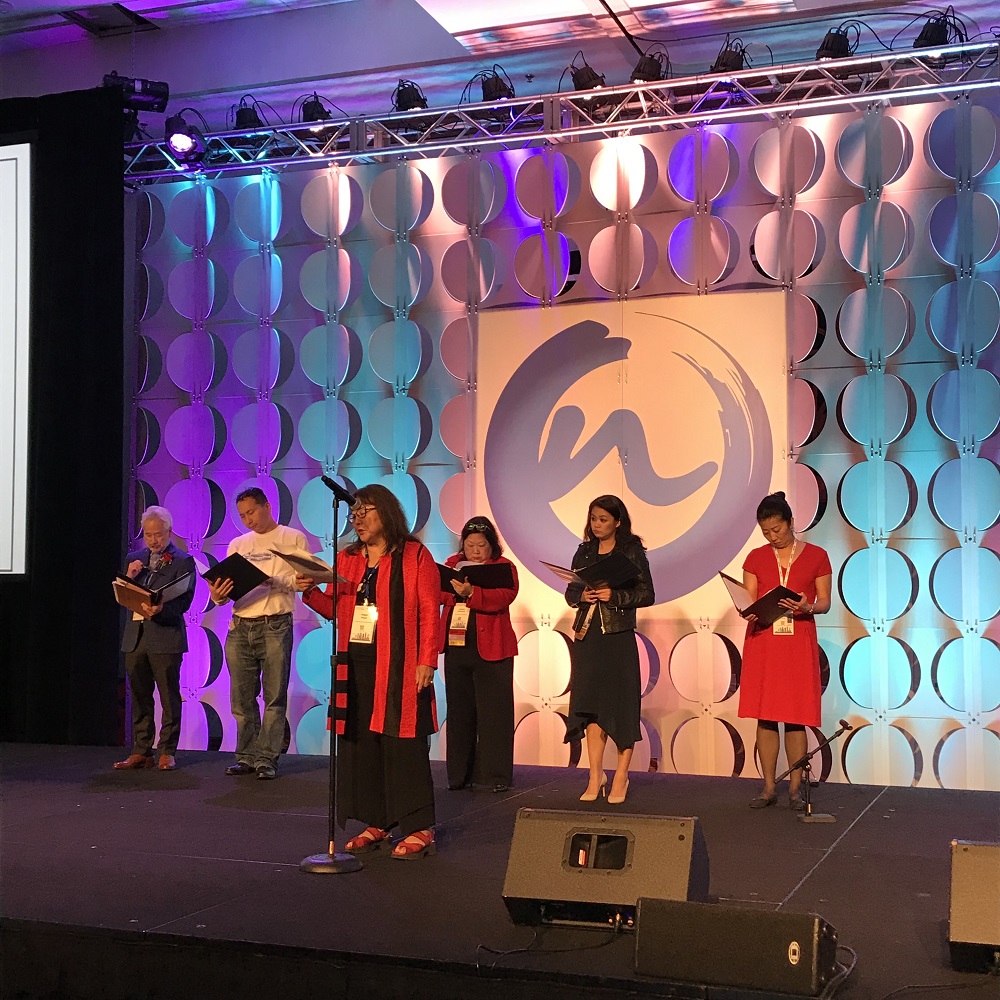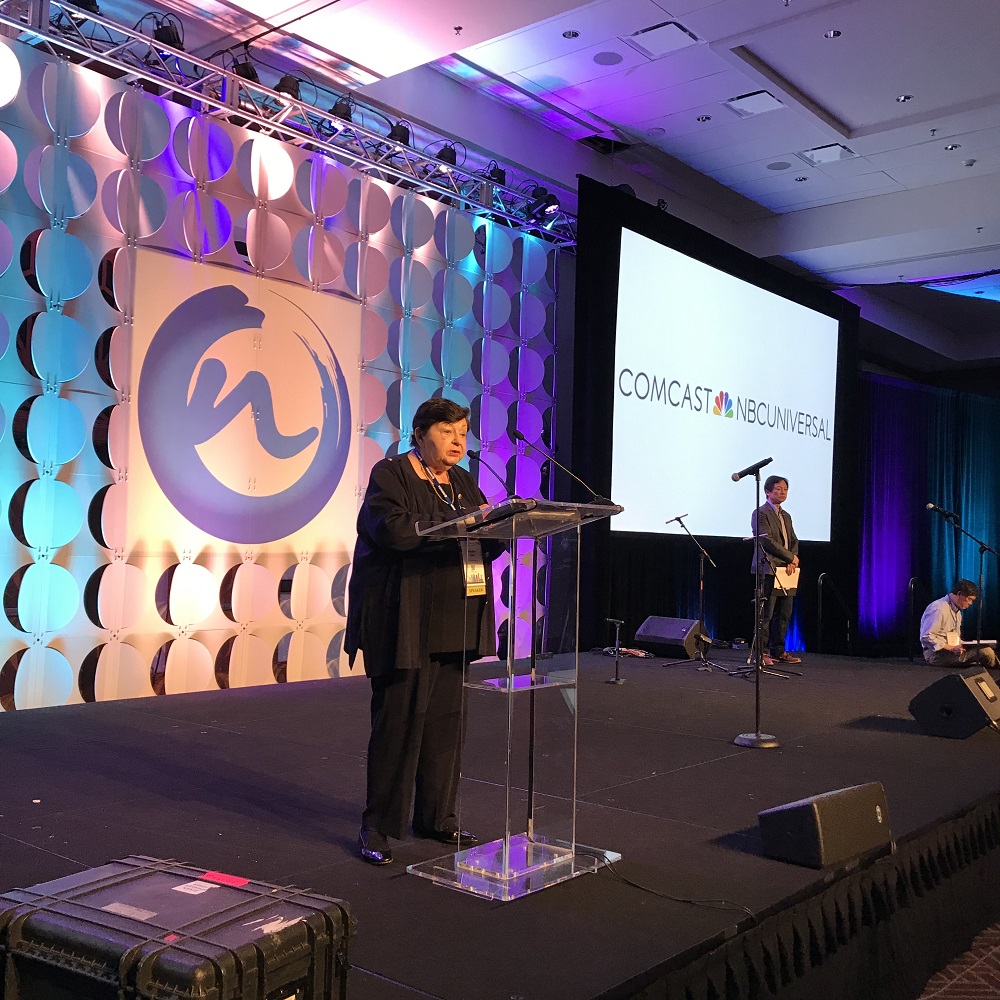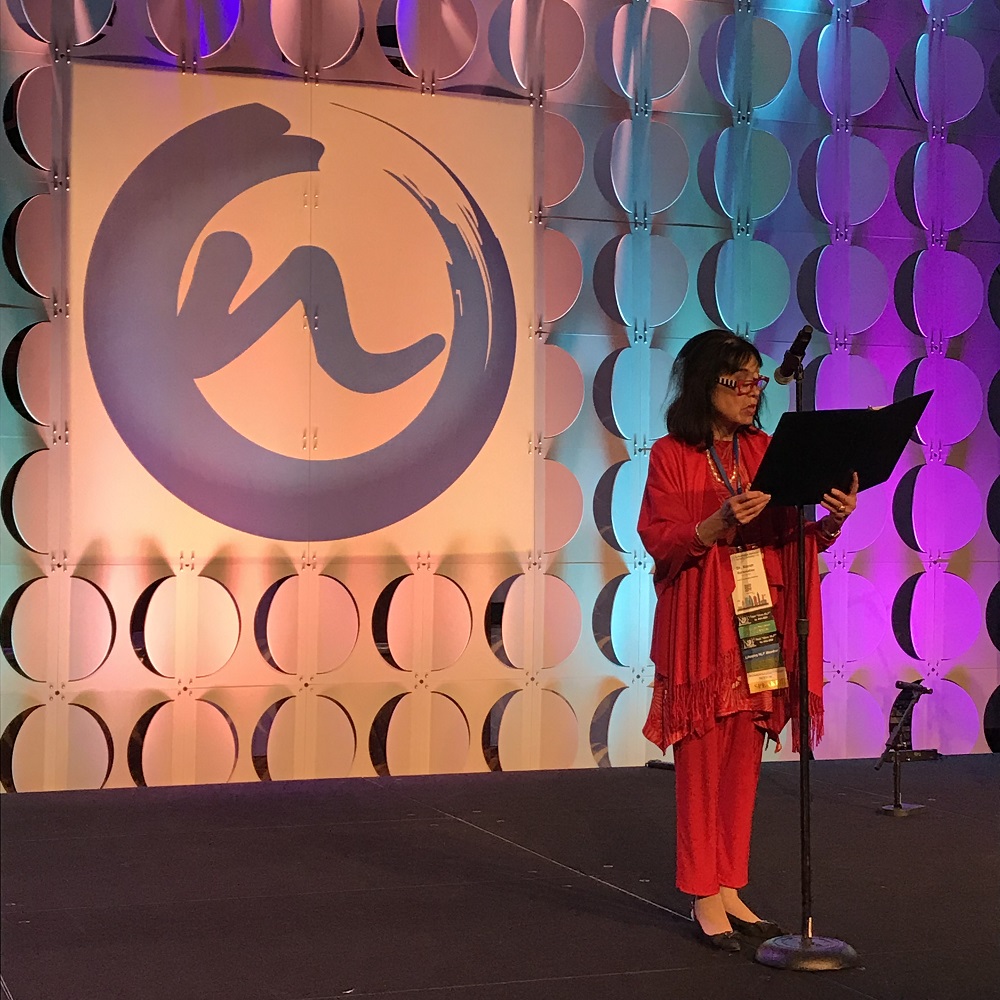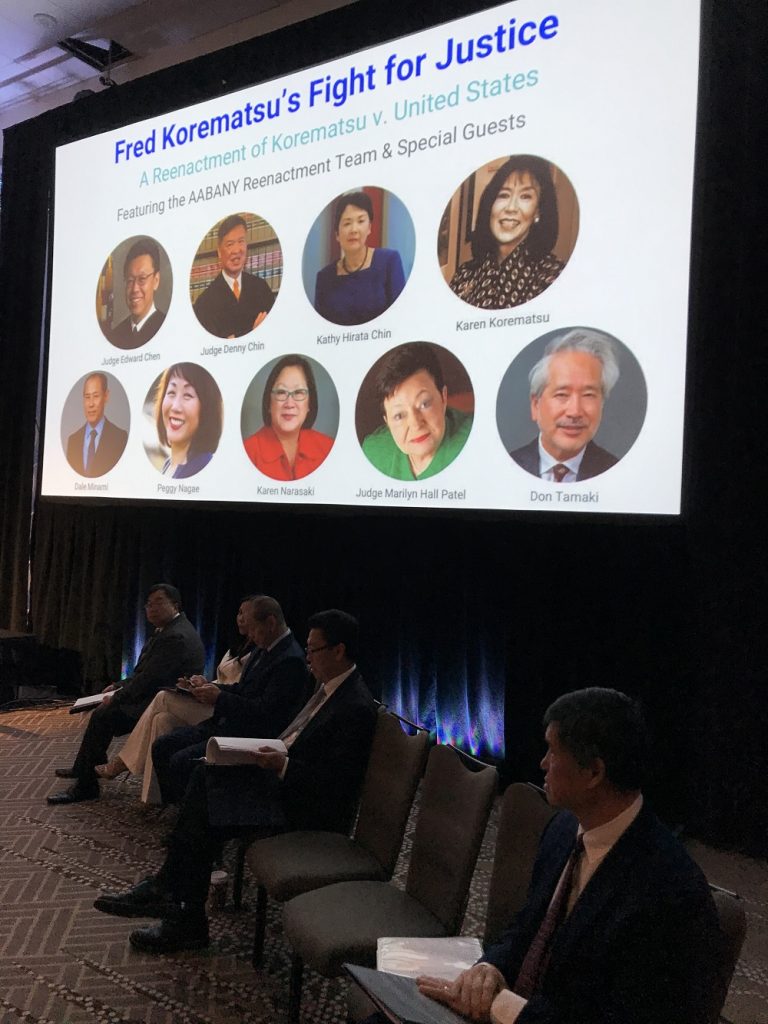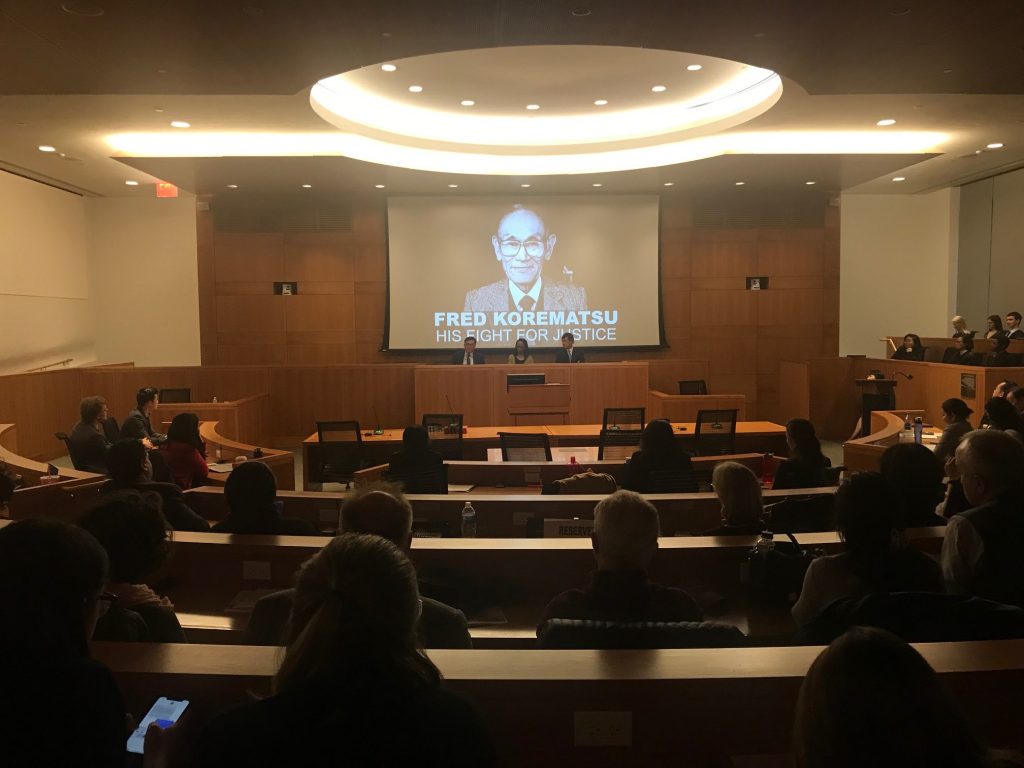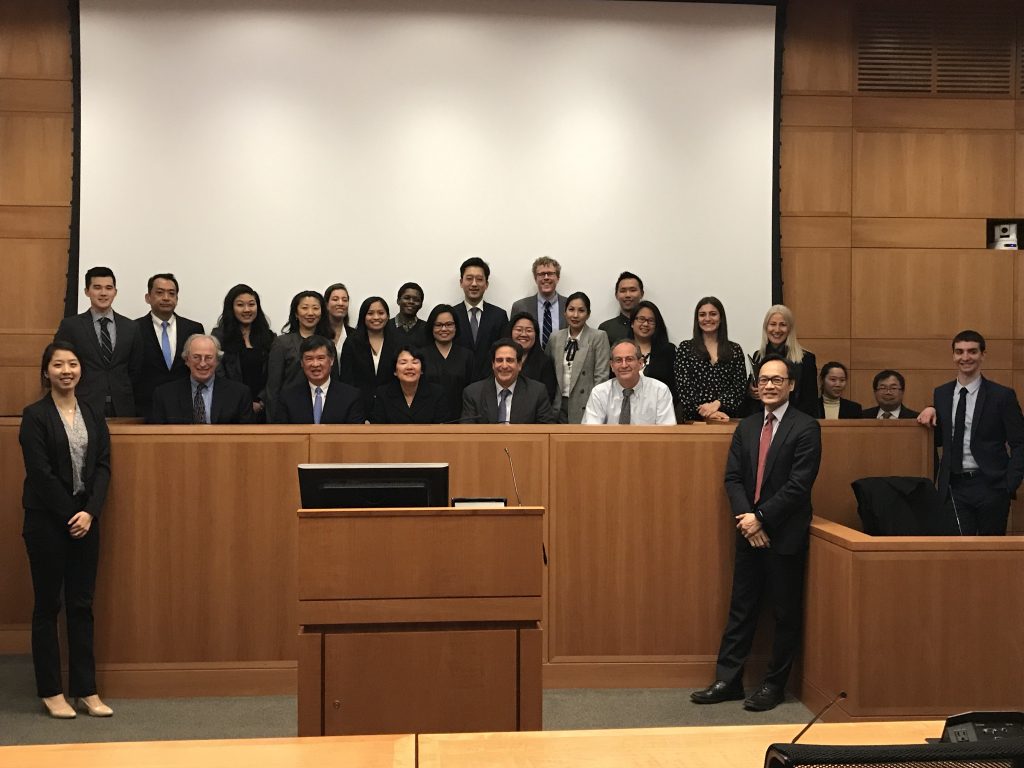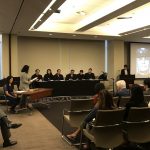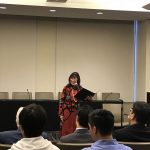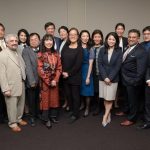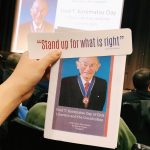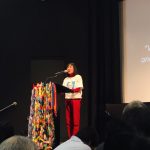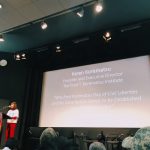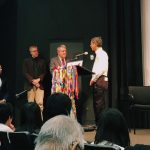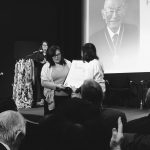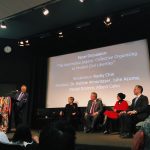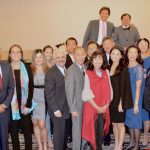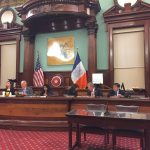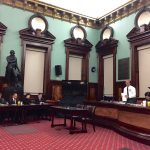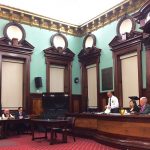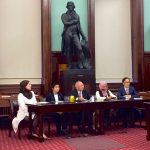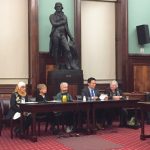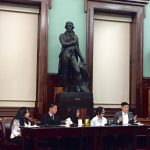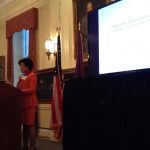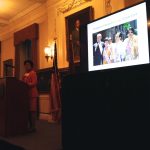
| For Immediate Release: Date: August 24, 2023 | NAPABA Contact: Priya Purandare, Executive Director Fred T. Korematsu Institute Contact: Michelle Mitchell, Communications Director |
WASHINGTON – The National Asian Pacific American Bar Association (NAPABA) and the Fred T. Korematsu Institute, a 501(c)(3) national civil rights education organization based in San Francisco, announced a historic, groundbreaking affiliation formalizing their organizations’ longstanding relationship based on a shared interest in promoting civic participation, racial equity, and civil rights. The affiliation will strengthen the missions of both institutions by increasing resources and understanding and combating anti-Asian discrimination and bias through education and advocacy.
The Korematsu Institute was founded on the legacy of Fred Korematsu, a Japanese American who, in 1942, refused to comply with the World War II Executive Order to forcibly remove and incarcerate American Citizens of Japanese descent in prison camps. After he was arrested and convicted of defying the government’s order, he appealed his case to the United States Supreme Court. In an infamous decision that joins the ranks of Dred Scott v. Sandford and Plessy v. Ferguson, the Supreme Court ruled against him, holding that the incarceration was justified due to military necessity. After discovering that the government had withheld evidence and that the Solicitor General lied to the Court, Korematsu’s conviction was overturned in 1983 through a writ of Coram Nobis. In 1998, he was awarded the Presidential Medal of Freedom, our nation’s highest civilian honor, for his steadfast advocacy.
“My father’s decades-long fight against injustice in the face of discrimination was not only a legal and constitutional achievement, but a story of individual humanity that resonates with so many in this country,” said Dr. Karen Korematsu, Founder and President of the Korematsu Institute. “While law schools teach my father’s case to dissect legal principles, we cannot forget what he and so many other incarcerated Japanese Americans experienced on a human level during that dark period in our nation’s history.”
Founded in 1989, NAPABA is the nation’s largest Asian Pacific American membership organization representing the interests of 60,000 attorneys, judges, law professors, and law students. NAPABA is a leader in addressing civil rights issues confronting Asian American, Native Hawaiian, and Pacific Islander communities. Without question, its values align with the spirit of Fred Korematsu’s advocacy and the Institute’s commitment to equality.
“Fred Korematsu’s case, and that of fellow Japanese American detainees such as Minoru Yasui, Gordon Hirabayashi and those of Fred Oyama and Sei Fujii, who challenged alien land laws after their properties were illegally seized, are not just historical precedents — they are the legal framework we use to fight discrimination against Asian Americans, Native Hawaiian, and Pacific Islanders,” said Sandra Leung, President of NAPABA. “It is important for all Americans to understand the leading role that Asian Americans, Native Hawaiians, and Pacific Islanders have played in shaping the civil rights jurisprudence of this nation.”
“Fred Korematsu’s journey, now more than ever, is a seminal, timeless story — especially at a time in our nation and in the world marked by growing ignorance and intolerance, fueled by advances in technology and the swiftness of disinformation,” said Peggy Saika, Board Chair of the Korematsu Institute. “We are confident that between the Institute’s long-standing care of his legacy and NAPABA’s reach in the legal community, we will safeguard the opportunity to continue learning the lessons of Fred Korematsu’s strength for generations to come.”
“This affiliation will amplify the impact of both NAPABA and the Korematsu Institute,” said Priya Purandare, Executive Director of NAPABA and the Korematsu Institute. “With the Institute’s expertise and K-12 educational and public resources, we can collectively bring the stories of Fred Korematsu and other AANHPI civil rights legal icons to inspire future generations of Americans.”
#
The National Asian Pacific American Bar Association (NAPABA) represents the interests of over 60,000 Asian Pacific American (APA) legal professionals and nearly 90 national, state, and local APA bar associations. NAPABA is a leader in addressing civil rights issues confronting Asian American, Native Hawaiian, and Pacific Islander communities. Through its national network, NAPABA provides a strong voice for increased diversity of the federal and state judiciaries, advocates for equal opportunity in the workplace, works to eliminate hate crimes and anti-immigrant sentiment, and promotes the professional development of people of all backgrounds in the legal profession.
The Fred T. Korematsu Institute, named after Presidential Medal of Freedom recipient Fred Korematsu, is a national education advocacy organization committed to promoting civic participation and education to advance racial equity, social justice, and human rights for all. Through its educational programs, media and exhibits, and speaking engagements, the Korematsu Institute inspires people and organizations to, as Fred said, “stand up for what is right.”



